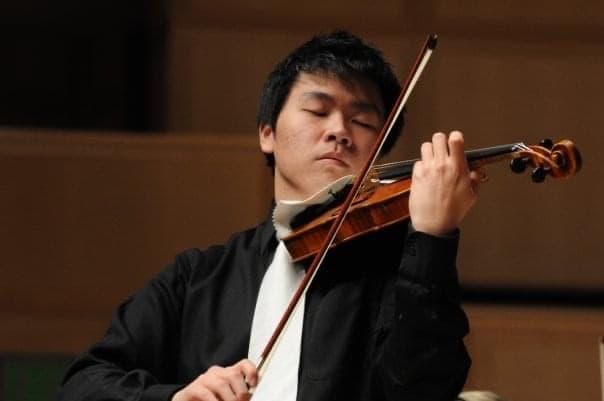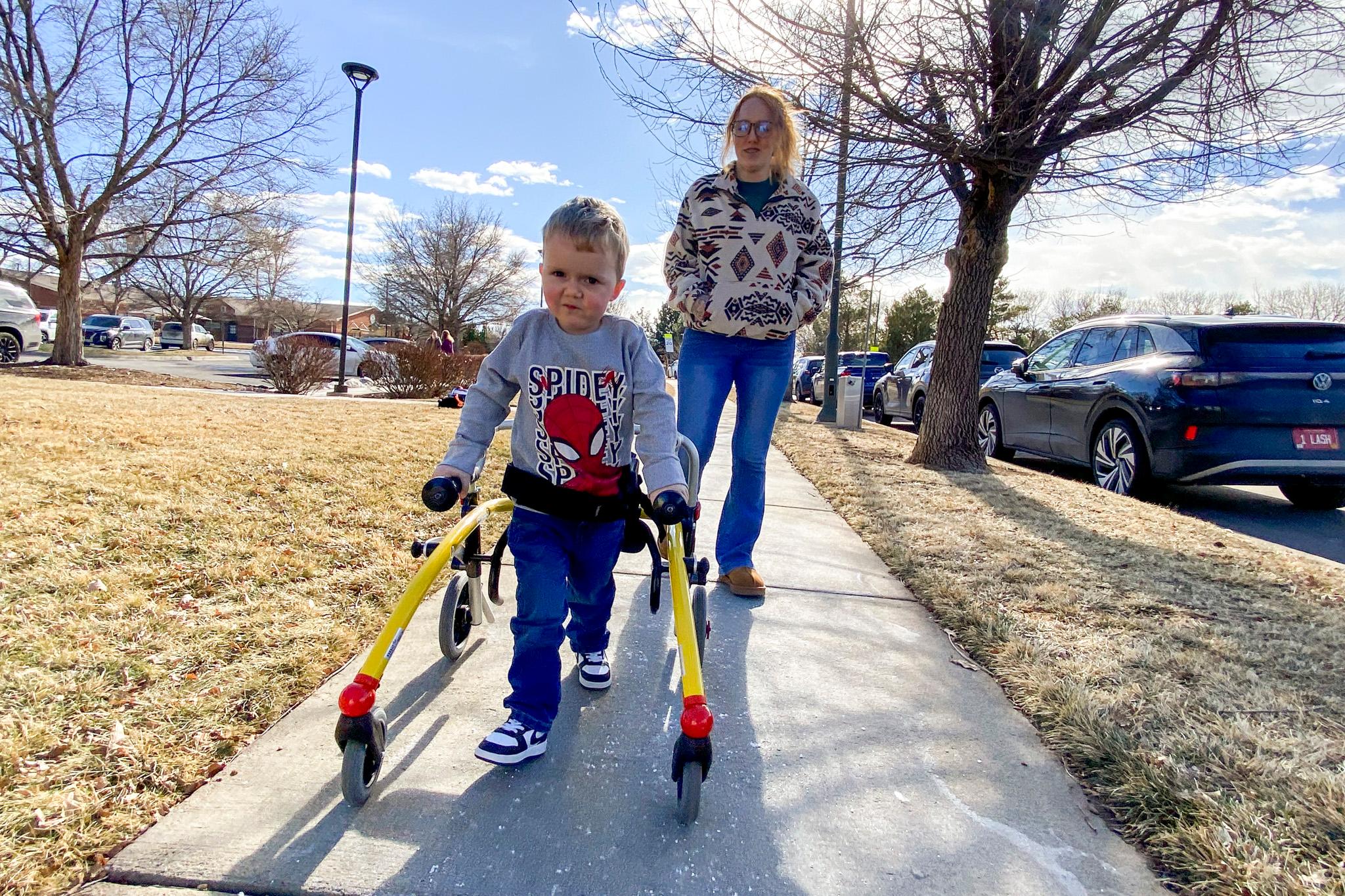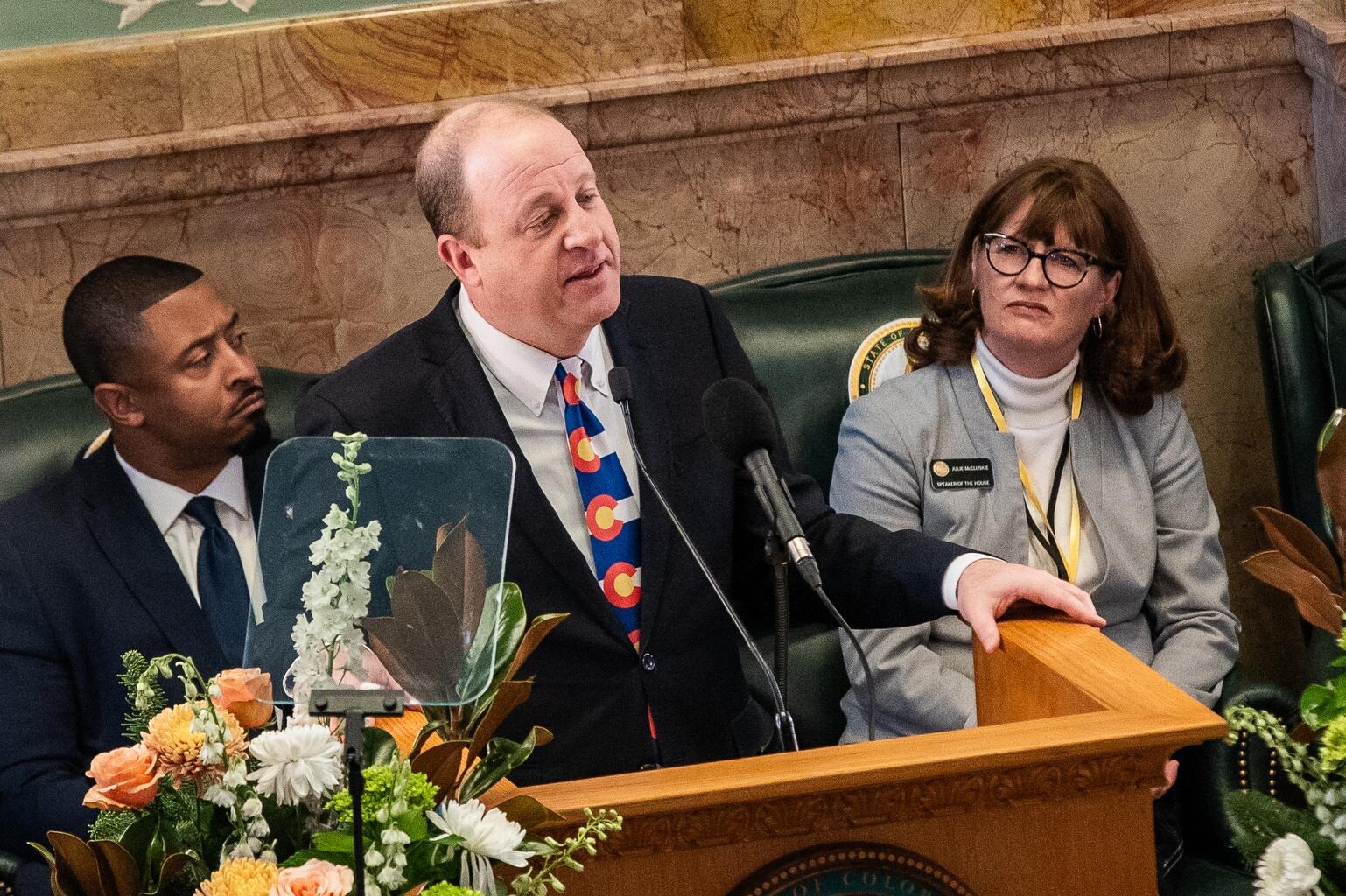
A lot had to go wrong for Utah musician John Shin to be where he is today: detained in the GEO detention center in Aurora facing deportation, a process that began Tuesday.
The 37-year-old professional violinist from Salt Lake City was brought to the United States as a pre-teen by his father, who arrived on a student visa, and never received legal status for his son.
Nonetheless, Shin, who learned English quickly in Utah grade schools, went to college there and was granted a version of legal status under the Obama administration through what is known as “deferred action for childhood arrivals” or DACA.
Then, in 2019, his father died of brain cancer.
And that DACA legal status, which allowed him to live without fear of removal from the United States, was pulled when Shin was convicted of impaired driving that same year. Shin’s attorney, John West, told the judge, Melanie Corrin, Tuesday that Shin was mourning his father and worried about supporting his family back in Korea at the time.
Shin dealt with the consequences of the ticket through probation and treatment classes.
He got married in 2021 in Salt Lake City to an American citizen, a woman he’d known since grade school, and was a stepdad and a financial supporter of her two children.
Then Shin’s wife, Danae Snow, was laid off during the pandemic from her software job and was working various temporary gigs — she, too, is a musician — to try and reach the financial threshold to support her husband’s petition for legal status through an I-130 visa.
In order to qualify, a family of four must demonstrate that they won’t become a burden on taxpayers by demonstrating family income of less than $50,000 a year. Snow said they were having trouble making that amount of money at that time. It was still pandemic-era and there weren’t as many music gigs as usual.
“I was doing my best, but I was just falling short,” Snow said tearfully outside of the GEO detention facility in Aurora after her husband’s bond hearing. “So that really has been just the holdup. Everything else was in place, but if you don't meet those standards, then you're not going to be able to get approved.”
Shin, too, took on additional work to help support the family. His latest job was in telecommunications, mostly fixing cell phone towers.
Last week, Shin was doing a cell tower job in Colorado Springs and one of the towers was on the Fort Carson Army base. It was his wife’s birthday and he wished her well over text before he went to work that day.
When trying to get onto the base that morning, Shin was stopped and told there was an issue with his identification. He had a legal driver’s license and an ID, his wife said, but he was apparently held up in a background check due to his legal status.
He went back to his hotel and told his boss he couldn’t get onto the base. Later, he received a call from immigration authorities who said on the phone that they were from Fort Carson and they wanted to talk about the project.
When Shin went to meet up with them, they were actually ICE agents and they took him into custody. He was able to briefly call his wife to tell her that he was in custody.
Shin remains among the roughly 1,200 people inside the GEO detention facility picked up by ICE in recent months and weeks in the Trump administration’s promised crackdown on illegal immigration. Recent records show of the 1,256 people inside the facility on Aug. 17, 2025, 395 were “criminals” and 862 were not. It’s unclear how they would classify Shin’s case, given he had resolved and fulfilled the requirements of his impaired driving infraction in 2019.
Shin’s wife, Snow, traveled to Colorado on Tuesday for his hearing. Shin filed into the detention center courtroom in a red shirt with a dozen other immigration inmates at the facility. He didn’t make eye contact with a supporter in the back row and sat by himself at the defense table because his attorney telephoned in from Utah.
He waved off Korean interpreters because he speaks English. His family has started a GoFundMe to help pay his bond and legal fees.
The government argued that the family has had years to seek legal status for Shin, and just had not taken the steps even after knowing he had lost his DACA status.
“I'm still nervous,” Snow said, with her children nearby after the hearing. “This is just the beginning of the rest of our battles, but my attorneys keep telling me that he is the type of person that we want here. They were saying that he has such amazing support and has proven his character. And so I just really believe that good will overcome.”
The judge on Tuesday said she would allow Shin to be released if he posted $25,000 bond, but she then gave the government time to appeal that decision. The earliest Shin could be let go to await deportation proceedings is now Sept. 8









